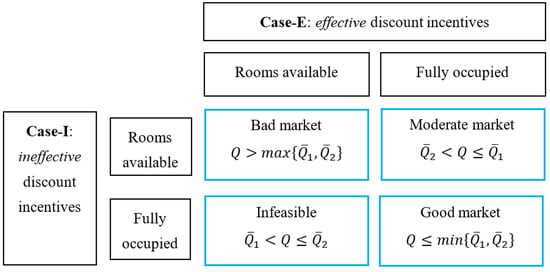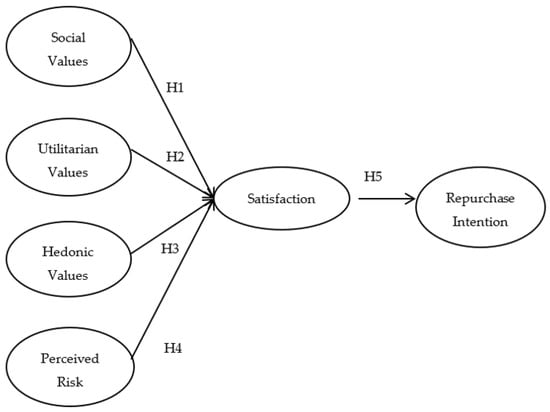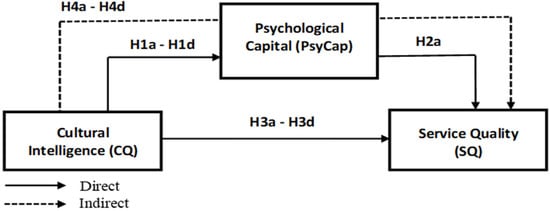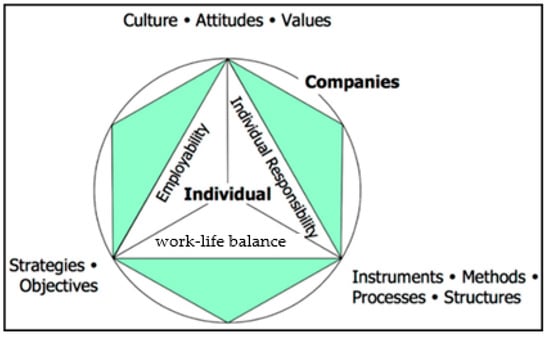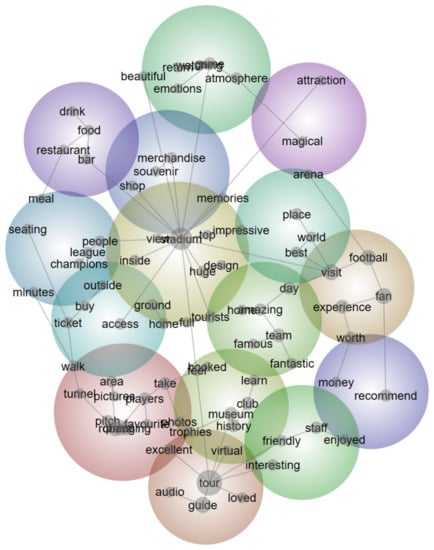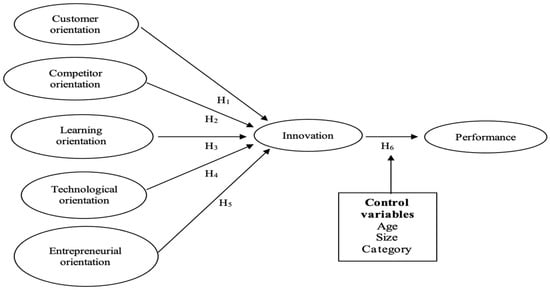Sustainable Hospitality Management and Marketing: From Theory to Survival Reality
A topical collection in Sustainability (ISSN 2071-1050). This collection belongs to the section "Sustainable Management".
Submission Status: Closed | Viewed by 44008Editors
Interests: hospitality management; staff turnover in hotels; service quality in hotels; holidaying attitudes of people
Interests: tourism economics; tourism management; hospitality and tourism marketing; marketing research
Special Issues, Collections and Topics in MDPI journals
Topical Collection Information
Dear Colleagues,
The recent global circumstances have highlighted the significance of the hospitality industry for its economic and social contributions. This collection examines contemporary trends in management and marketing of hospitality service industries. The United States Department of Labour, Standard Industry Classification (SIC) defines the hospitality industry as encompassing services pertaining to food, drinks, accommodation, transportation and even camping and recreational facilities while other countries often associate it with hotels, bars, restaurants and related facilities (Andrews, 2011). Survival of these businesses will require rethinking and realigning of hospitality management and marketing. Hospitality customer are expected to demand beside quality service and product, safe distancing measures, sanitizing and bio-security measures in all sectors of the hospitality industry. The collection should provide knowledge, concepts, and skills necessary to analyse and evaluate current situation, establish future trends and help hospitality businesses to meet the diversifying demand of hospitality consumers. The issue will cultivate an awareness of rapidly changing and intensifying competition to survive in the industry. It also helps to understand strategies and theories associated with hospitality service ethics, business sustainability and environment responsibility.
Hence, there is a need to investigate how different sectors of the hospitality industry can further enhance ethical principles in managing and marketing safety and sanitation, risk and crisis management, consumer trust in design and delivery of hospitality services to grow the business.
The main aim of this collection is to explore ‘real life’ problems and challenges linked to hospitality management and marketing and to find solutions to survive in the current global environment.
Dr. Asad Mohsin
Dr. Ana Brochado
Dr. Andi Tamsang Andi Kele
Guest Editors
Manuscript Submission Information
Manuscripts should be submitted online at www.mdpi.com by registering and logging in to this website. Once you are registered, click here to go to the submission form. Manuscripts can be submitted until the deadline. All submissions that pass pre-check are peer-reviewed. Accepted papers will be published continuously in the journal (as soon as accepted) and will be listed together on the collection website. Research articles, review articles as well as short communications are invited. For planned papers, a title and short abstract (about 250 words) can be sent to the Editorial Office for assessment.
Submitted manuscripts should not have been published previously, nor be under consideration for publication elsewhere (except conference proceedings papers). All manuscripts are thoroughly refereed through a single-blind peer-review process. A guide for authors and other relevant information for submission of manuscripts is available on the Instructions for Authors page. Sustainability is an international peer-reviewed open access semimonthly journal published by MDPI.
Please visit the Instructions for Authors page before submitting a manuscript. The Article Processing Charge (APC) for publication in this open access journal is 2400 CHF (Swiss Francs). Submitted papers should be well formatted and use good English. Authors may use MDPI's English editing service prior to publication or during author revisions.
Keywords
- Sustainable hospitality management
- Sustainable hospitality marketing
- Crisis management in the hospitality
- Hospitality operations management
- Human resource issues in the hospitality
- Case studies in the hospitality







